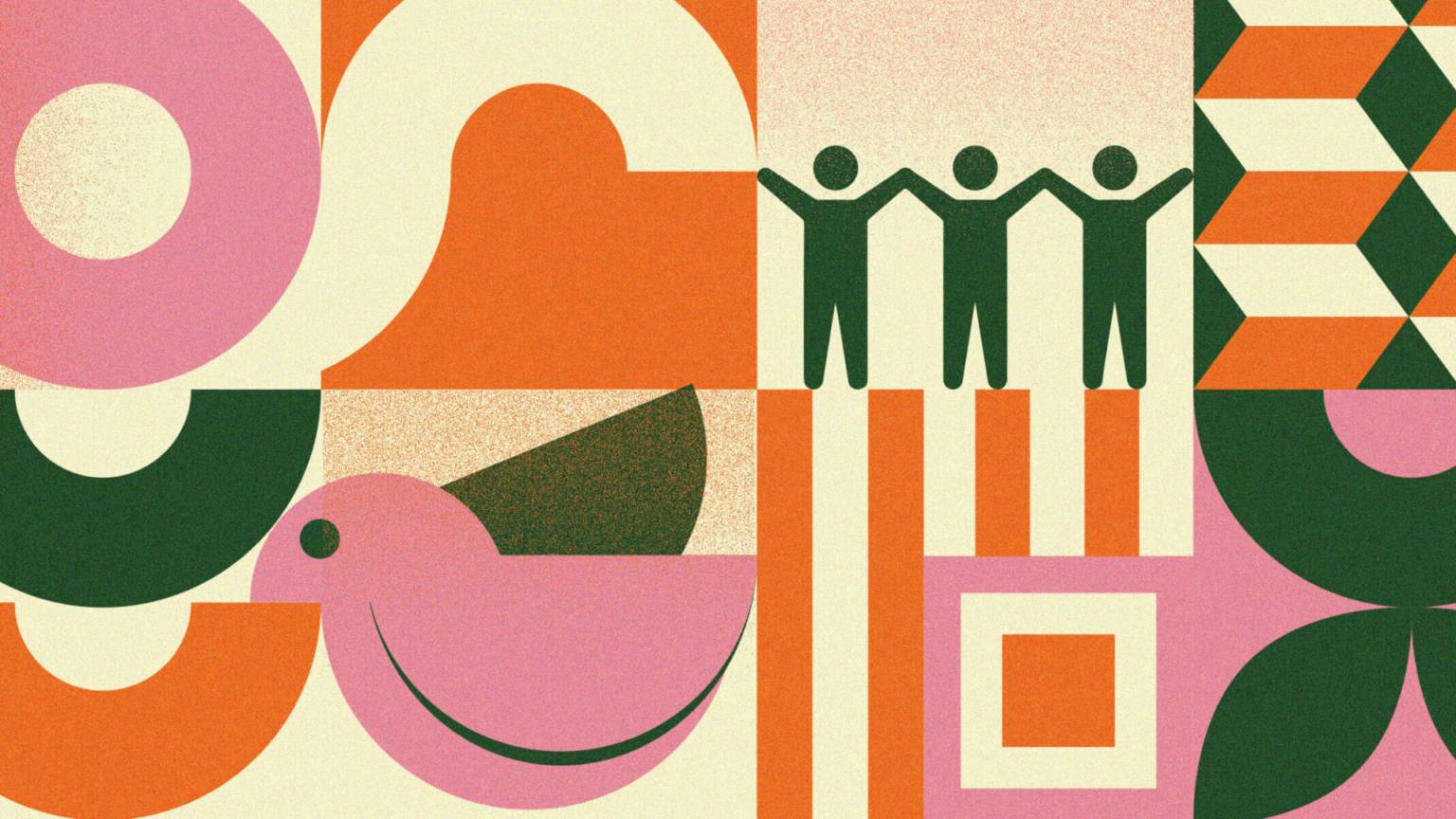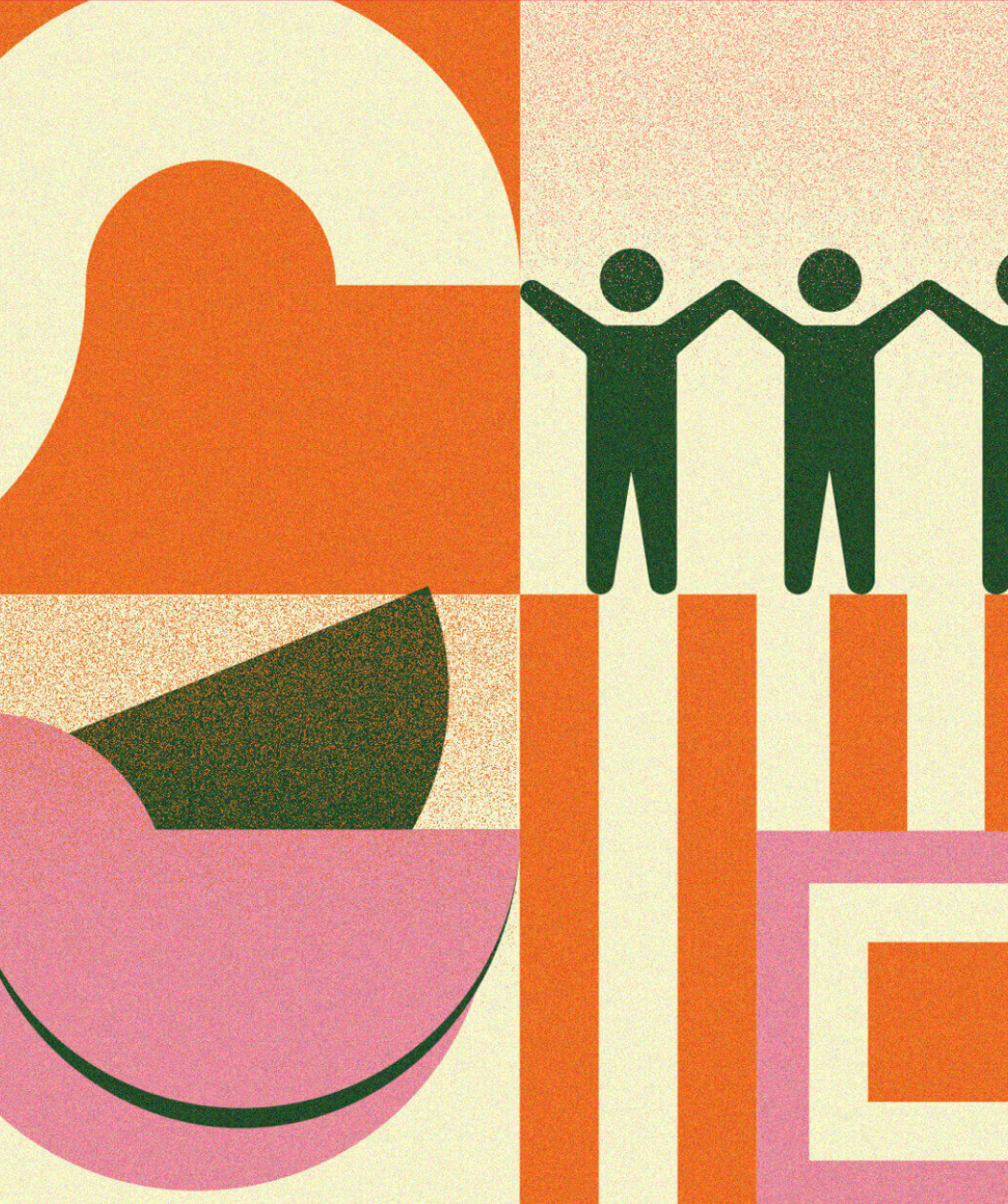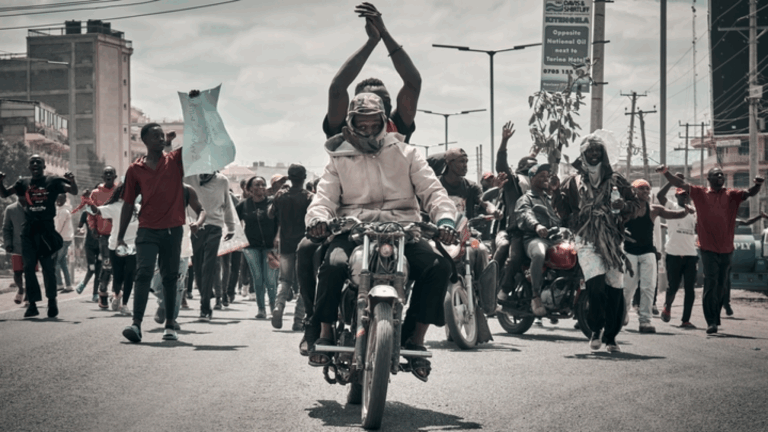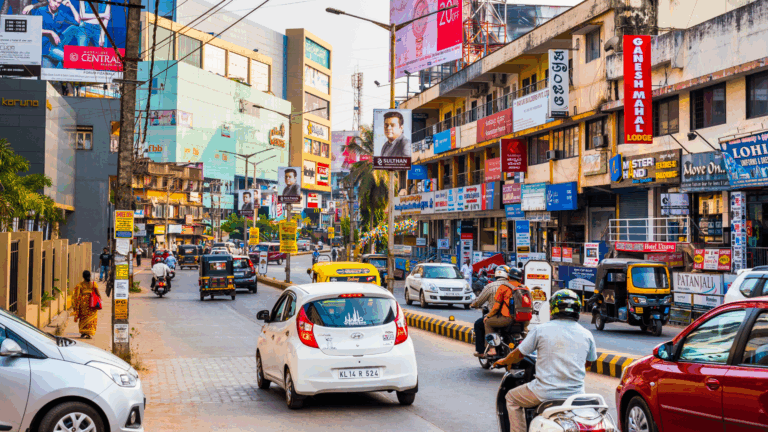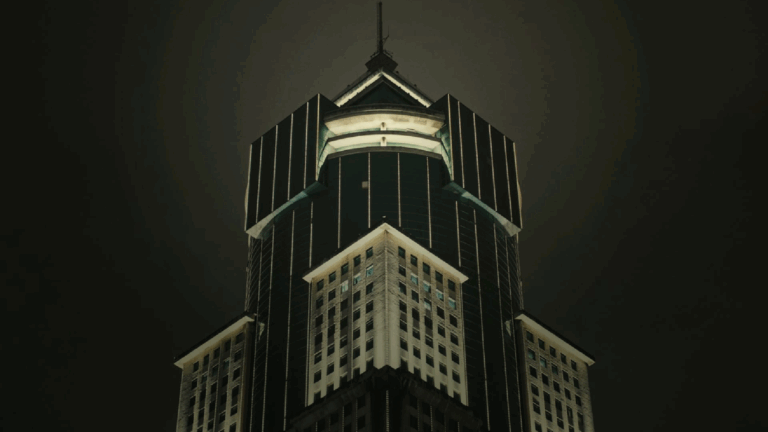Sept. 16 was a date for the history books, and one that will hopefully pave the way for a transition to democracy. It’s the day 22-year-old Mahsa Amini was murdered after being arrested by Iran’s “morality police” for improperly wearing her hijab. Some of her hair had come loose. Three days after her arrest and a short “re-education session,” she was pronounced dead. The regime claimed she suffered a heart attack, but witnesses maintain she was beaten to death while being transported to a detention center.
Ninety-five days since Mahsa’s death, and not a day has gone by without protests across the Islamic Republic. Her death sparked protests in more than 103 cities across the nation and started a revolution with no sign of stopping. Iranian women have decided they’ve had enough of the country’s discriminatory strict dress codes and compulsory hijab laws. They’re demanding freedom from repression.
They are now on the frontlines and unveiled, protesting the regime by setting their hijabs on fire and cutting their hair. They are chanting “death to the dictator” and “women, life, freedom” — the movement’s slogan.
In Iran, their admirable defiance is punishable by death. Since Mahsa’s death, an estimated over 475 civilians have been killed, and at least 18,000 people have been arrested. Furthermore, the judiciary announced there would be public trials for the protesters where, thanks to 272 of 290 Iranian parliament members, the death penalty is on the table for “guilty” protesters. To date, two executionsfor peacefully protesting the regime’s oppressionhave taken place. The first was Mohsen Shekari, who was accused of blocking a street in Tehran; and the second was Majidreza Rahnavard, who was sentenced to death for allegedly killing two members of the paramilitary Basij force and wounding four others in Mashhad. Both men were subject to sham trials. Twenty-seven people are currently facing execution.
The oppression of women’s rights is not new in the Islamic Republic. Masih Alinejad, an Iranian journalist, women’s-rights advocate, Oslo Freedom Forum (OFF) speaker, and member of HRF’s International Council, has been campaigning against the compulsory hijab law for eight years. She left Iran in 2009 and continues to advocate for women’s rights there from exile in the United States. In 2020, Masih accused the regime of killing activists and imprisoning journalists and lawyers who peacefully protested “to terrorize the rest of the population and prevent another uprising.”
It seems history is repeating itself.
On the OFF stage in October, Masih said: “Mahsa Amini became a symbol of resistance. She became a symbol of fighting back the religious dictatorship in the region.” Her name and her story were highlighted by member states on December 14 when in an unprecedented move, the United Nations Status on the Commission of Women voted to remove Iran. This is a win for the Iranian women and girls, but there is more work to be done.
We must protect and uplift women worldwide, especially those under authoritarian regimes. Democratic governments must continue to impose sanctions on Iran’s regime and its rulers, formally condemn the regime’s oppression and engage in diplomatic boycotts. They can’t ignore human rights for the sake of politics.


